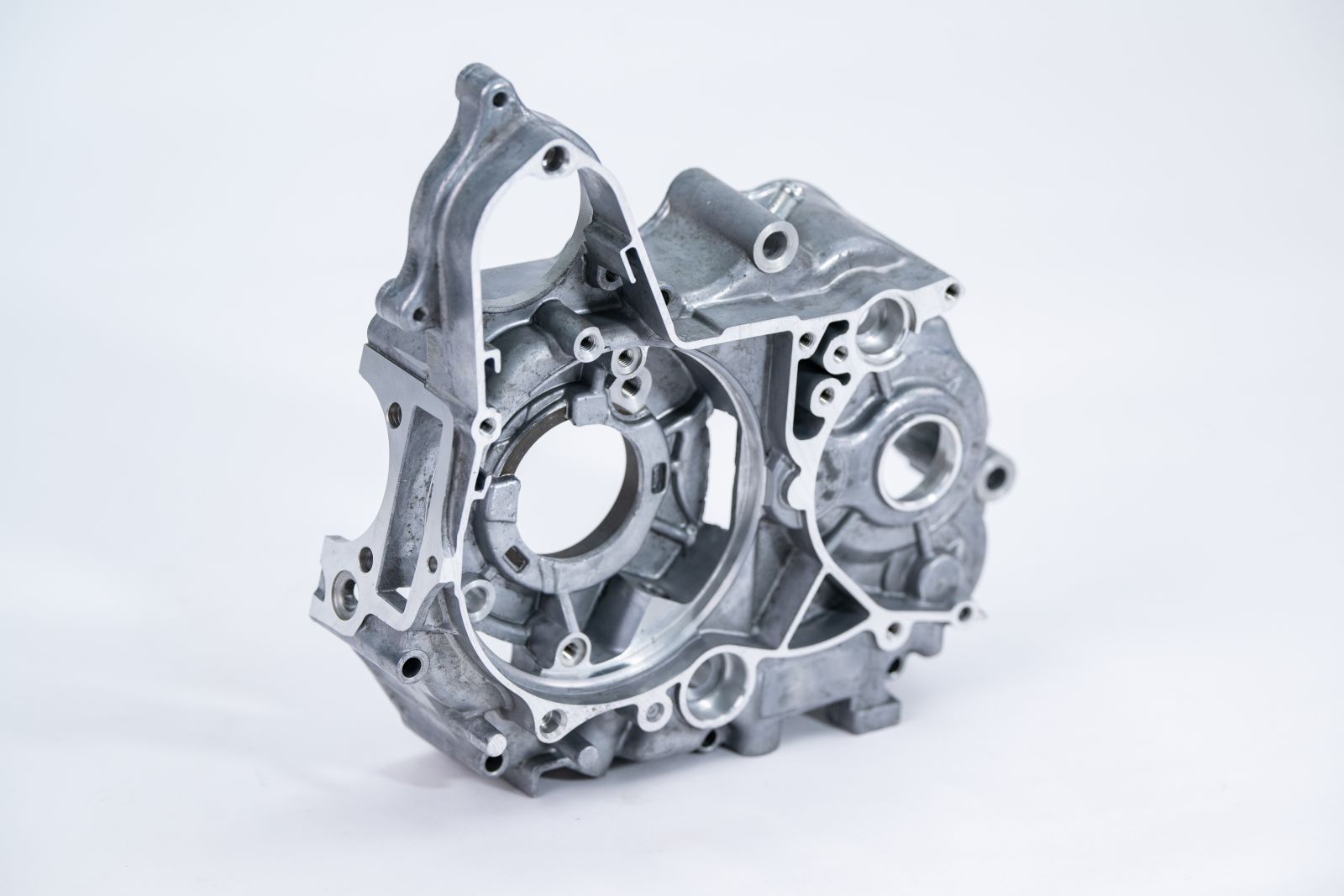Key Factors to Consider When Evaluating a Metal Supplier for Your Business

The significance of superior-quality metals cannot be overstated when constructing components and products that prioritize reliability and longevity. Settling for a subpar metal supplier may have adverse effects on the reputation and performance of your business. At KIMSEN, we stand out as a premier provider of various aluminum alloy products, including cast aluminum and customized aluminum extrusions.
Below are several factors to consider when choosing a metal supplier:
The Schedule for Your Project
You must know if the supplier can accommodate the estimated timeframe of your full project. Develop a timeline to share with potential metal suppliers, if you don’t have one already. Having a timeline will help eliminate complications and misunderstandings with production and delivery between you and the supplier.
With a structured timeline in place, you will have a plan everyone can follow and an easy way to track how well you are keeping pace with the plan.
The Scale of Your Project
The scale of the project refers to its size and demand. A supplier should know about these aspects of your project before providing you with a quote. Determine the types of materials and shapes you will need for the project. If you end up working with a supplier that is unable to accommodate your order requests or do so within expected timelines, this can negatively impact the production and profits of your business and your relationship with the supplier.

Project Budget
It can be a challenge to obtain a quote from a metal supplier if you don’t have a good understanding of the budget for your project. You may not be able to get the best deal if you don’t know what flexibility you have with your budget. Be sure to create a clear financial picture before you start contacting metal suppliers. Once you know your budget, you can know what to ask for from aluminum plate suppliers and how much room you have to negotiate on pricing for the aluminum products you need.
Supplier’s Reputation
The last thing you need as a business owner is to partner with a company with a bad reputation and poor track record. Make sure the supplier you are looking to work with has all of the required certifications and qualifications necessary to legally operate as a metal supplier. Doing so will ensure your business is able to avoid legal issues down the road.
Find the customer satisfaction rating of the supplier if possible. If most of the reviews are positive and there are an abundance of them compared to any negative reviews, then you can have confidence you have a reputable supplier.
Sufficient Workforce
After reviewing the demands and scope of your project, make sure the supplier you intend to contract with has the workforce required to fulfill your orders. Find out the size of the supplier’s team and the certifications and skills they possess. For instance, you may need metal supply professionals with experience in certain services such as creating custom aluminum extrusions. Knowing the capabilities of the staff of a supplier and information about their inventory can give you confidence about hiring them.

Quality and Capabilities
Every business has its own way of measuring quality. You can develop questions to ask prospective suppliers. If you visit the supplier’s facility, learn about what processes and standards they follow, particularly concerning quality control. Make sure their process conforms to what any relevant regulatory agencies require and what you require.
Cast aluminum and aluminum extrusion suppliers should have the capability to handle special orders in-house or in conjunction with one or more trusted partners.
Customer Service
One of the major keys to developing an enduring relationship with a metal supplier is the attentive customer service they provide. As you communicate with the supplier about their process and capabilities, take note of how they communicate and respond to you. Is there one point of contact you have access to or are you being bounced from one person to another. Does the supplier reply quickly to your inquiries or does it take them too long to respond?
If possible, obtain references from the company or find other customers yourself who have used the supplier. Find out from them how the company communicated and served their metal supply needs.
Source: Howard Precision Metals


 Chia sẻ:
Chia sẻ: